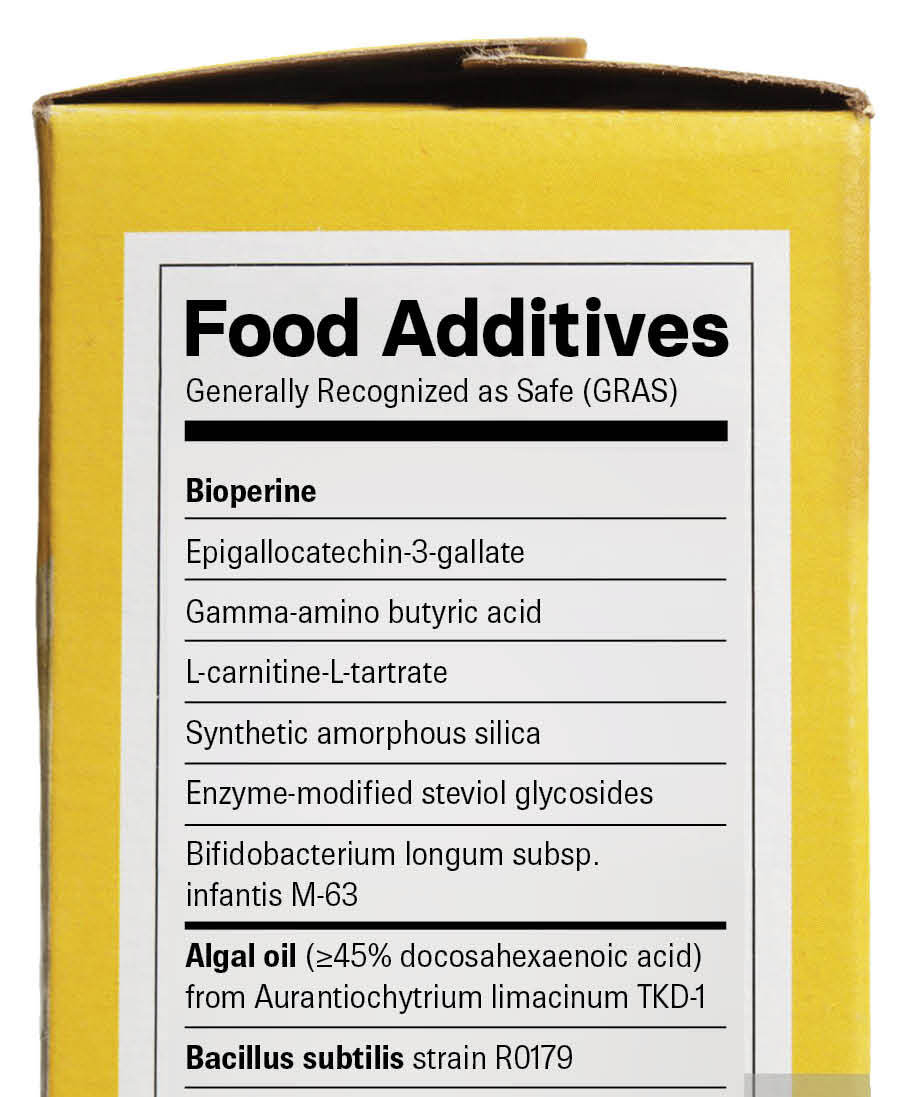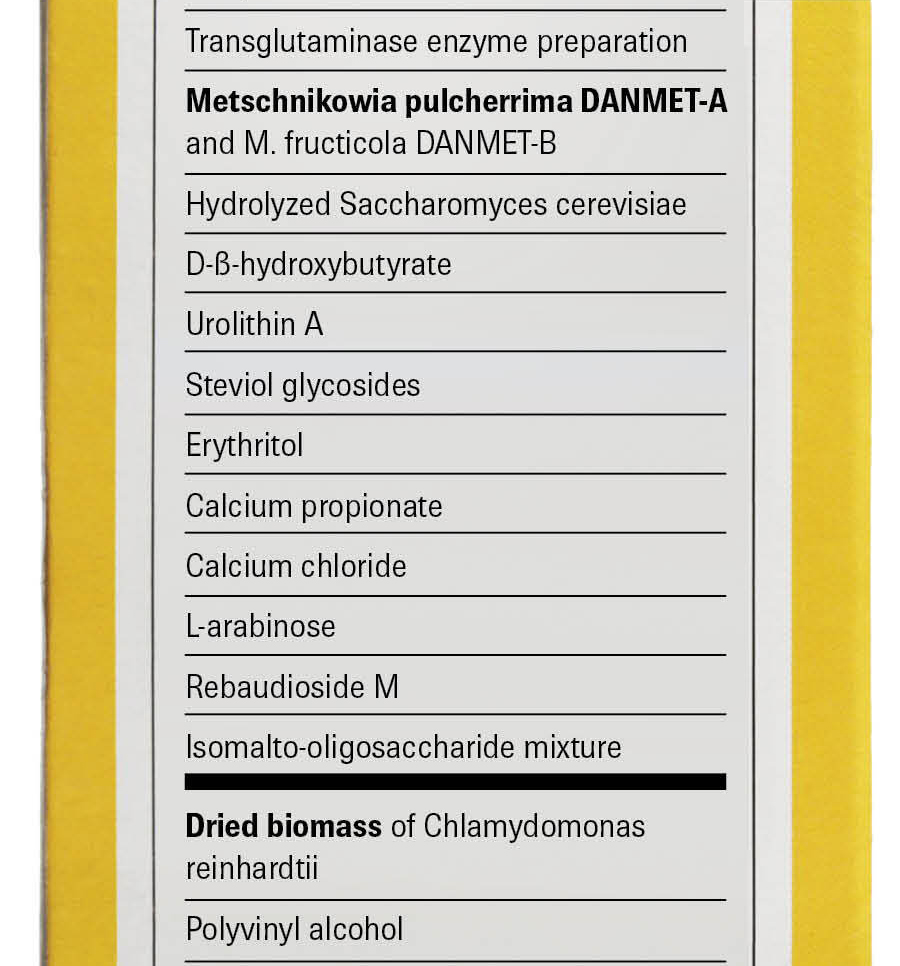Exposed: A legal loophole lets companies decide what chemicals are safe in our food
A dubious exemption lets companies self-determine whether chemicals are safe to eat
When you open a box of cereal or enjoy a protein shake, you probably assume that the ingredients are safe. After all, reviewing them is the Food and Drug Administration’s job, right?

Over the last quarter century, however, the agency has increasingly abdicated its responsibility. In fact, the so-called Generally Recognized as Safe (GRAS) exemption lets manufacturers self-certify a chemical as safe for use as a dietary supplement or food additive, without notifying the FDA.
As a result, there are now some 1,000 chemicals in our foods whose safety has never been assessed by the FDA. Even when companies do notify the agency, they can ask the FDA to stop its review and continue to market their chemical as GRAS. Take, for example, gamma-aminobutyric acid (GABA), marketed as a mental-health and sleep aid. Despite FDA concerns about possible adverse health effects in pregnant women, GABA was self-certified by Pharma Foods International in 2008 and continues to be sold.
Another chemical, apoaequorin, is added to protein shakes under the name Prevagen, which producer Quincy Bioscience claims improves memory and supports healthy brain function. FDA investigators have repeatedly questioned Prevagen’s safety, and there have been multiple reports associating it with serious neurological and cardiovascular problems. Nonetheless, the company continues to sell it.
How did we get to this point?
In 1958, when Congress enacted the Food Additives Amendment to the Federal Food, Drug, and Cosmetic Act, it exempted common ingredients — such as vinegar, spices and vegetable oil — that really were generally recognized as safe. But in the mid-1990s, an overburdened FDA began implementing a more lenient voluntary notification process. By 2016, when those rules were finalized, food manufacturers were already applying the GRAS exemption to new chemicals — something never intended by Congress. Today, virtually all new chemicals added directly to food are self-certified in this way.
“The loophole has essentially swallowed the law,” says Tom Neltner, who directs EDF’s Safer Chemicals program. Neltner notes that manufacturers usually pay their own safety “experts” and often don’t disclose the basis for their determinations.

Dysfunction at the FDA
In 2017, EDF and others challenged this practice in a lawsuit, but last year a federal district court sided with the FDA’s argument that the rising number of companies filing GRAS notices actually showed that the program was working.
This is clearly not the case, food-safety advocates say. Instead, the GRAS exemption has left the FDA ignorant of what chemicals are in many foods and unable to fulfill its statutory responsibility.
“With consumer concern about chemicals in food growing, we’re calling on the FDA to close the GRAS loophole,” says Neltner. “If it doesn’t, Congress should clarify that new chemical additives must go through a formal review process before companies can put them in food. Fixing the broken GRAS system is a first step to restoring Americans’ confidence in food safety.”










